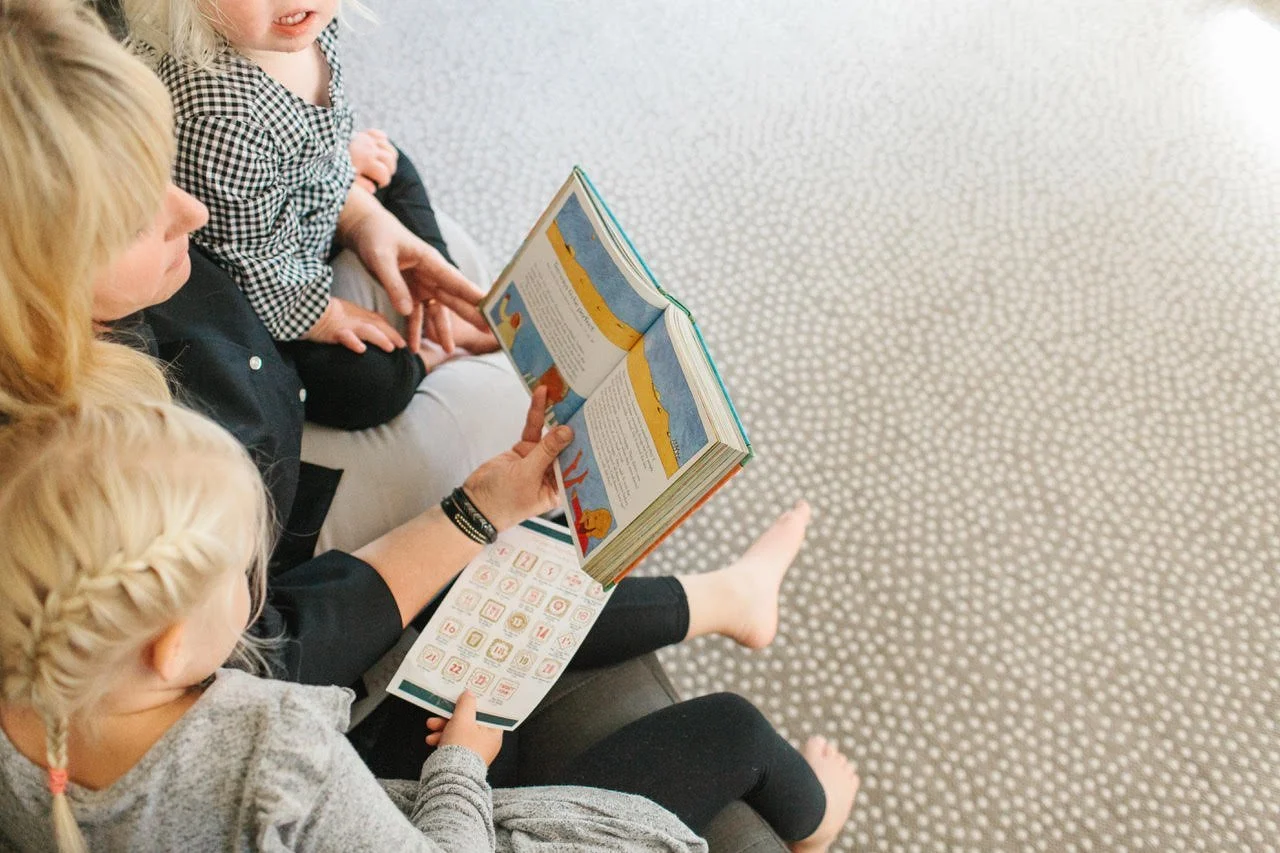How Do I Talk to My Kids When I Don’t Know the Answer?
As they approach their teenage years, your children will come to a startling realization:
It turns out their parents can be wrong about stuff. Not just wrong about the little, debatable things—bedtimes or screen time limits or an extra scoop of ice cream with dessert—but wrong about the big stuff.
Earlier in life, most children assume their parents’ views about the world are just how things are. But eventually, every child figures out that just because their parents believe something, that doesn’t necessarily make it true.
Which, of course, has huge implications for their faith—because suddenly, trusting in Jesus just because Mom or Dad does isn’t going to cut it anymore. If they’re going to keep believing in this Christianity stuff, they’re going to need to know why.
I Don’t Know
“Hi Mr Morphew. Let me tell you about the moment you first gained my daughter’s respect.”
The mother smiled at me from across the school desk, like this was a perfectly normal way to begin a parent-teacher interview.
“As you know,” she continued, “she has a lot of questions.”
This was true. The student in question was nine years old, highly intelligent and inquisitive, with a healthy disdain for easy answers—all of which she brought into the classroom with great force in my own subject of Christian Studies.
“My daughter really appreciates the way you take the time to answer her questions in class,” the mother went on.
“Thanks,” I said. “Yeah, I think it’s really important to—”
“But that’s not how you gained her respect. Because anyone can make up an answer to a question. But a few weeks ago, my daughter asked you something about God—and you told her you didn’t know the answer. You said you’d do some homework and get back to her. And that was it. That was the moment you won her over.”
This conversation happened nearly a decade ago, and it’s shaped my teaching ever since.
Pointing Our Faith in The Right Direction
When a child comes to us with a troubling question about God, admitting we don’t have an answer might feel like we’re letting them down—but I’m convinced we’re actually doing the opposite. We’re inviting them to point their faith in the right direction.
As Paul reminds us, this side of Jesus’ return, having a less-than-complete picture of God is just part of the human condition: “For now we see in a mirror dimly, but then face to face. Now I know in part; then I shall know fully, even as I have been fully known” (1 Cor. 13:12). There will come a day when everything is made clear—but we’re not there yet.
And in the meantime, as we let our children know we don’t yet have an answer to their question, and as we sit calmly alongside them in that not knowing, our kids will get something far better than a neat little theological response.
They’ll get to watch as, despite not happening to have that particular answer on hand, our faith doesn’t crumble, our world doesn’t fall apart, and we don’t spiral into an existential crisis.
They’ll get to see us keep following Jesus despite not having all the answers—because our faith doesn’t rest on our mastery of all the answers about Jesus. Our faith rests on Jesus.
By admitting we don’t have all the answers, we’re modeling to our kids that it’s okay not to have all the answers, because we already know the One who does. Which means we can banish any fear or anxiety from the conversation as we turn to your child and say, “That’s such a great question. Why don’t we see what we can figure out together?”
But Here’s What I Do Know
Here’s what else I’ve discovered about admitting I don’t have all the answers: Every time we freely admit that we don’t know something, we’re contributing to an atmosphere of honesty that adds power and freight to the times when we say, “But here’s what I do know.” And though there are plenty of questions we can’t answer, what we do know as followers of Jesus is already more than enough.
Why did God let so many people die from Covid-19? Why didn’t God give you that thing you prayed for? Why did God let your mom get cancer? I don’t know.
But here’s what I do know: I know that Jesus is strong and kind, and that he loves us deeply. I know that the cross of Jesus is all the evidence we could ever need that he stands shoulder to shoulder with us in our suffering—and that the resurrection is his unbreakable promise that the world won’t be this way forever.
There’s a day coming when everything will be made right, and when all our questions will either be fully answered or fade into insignificance. In the meantime, we’ve got all the reason we need to put our faith in the one who already sees everything clearly.










